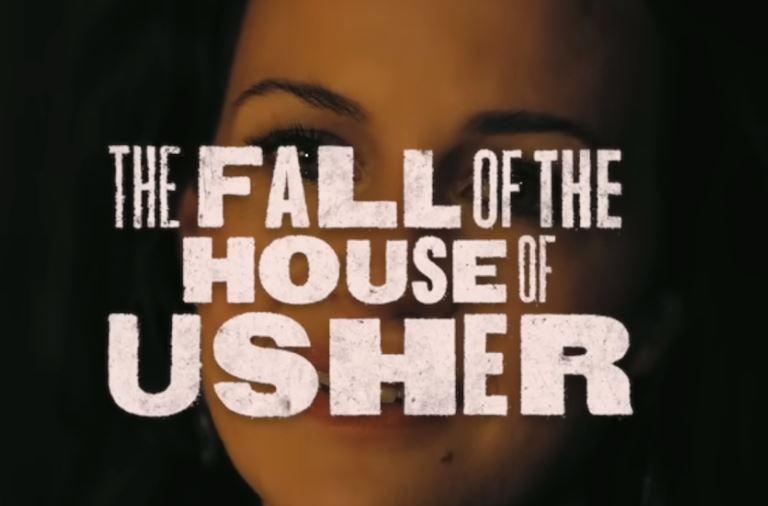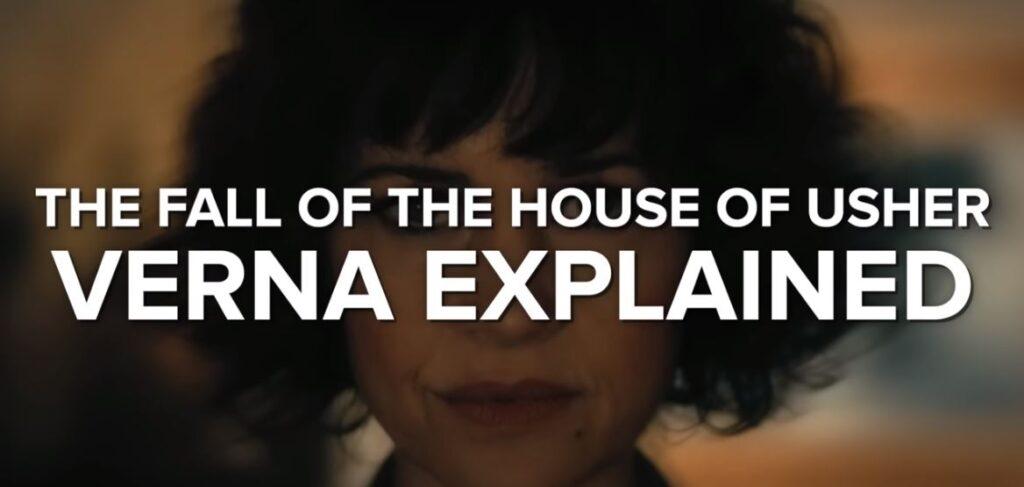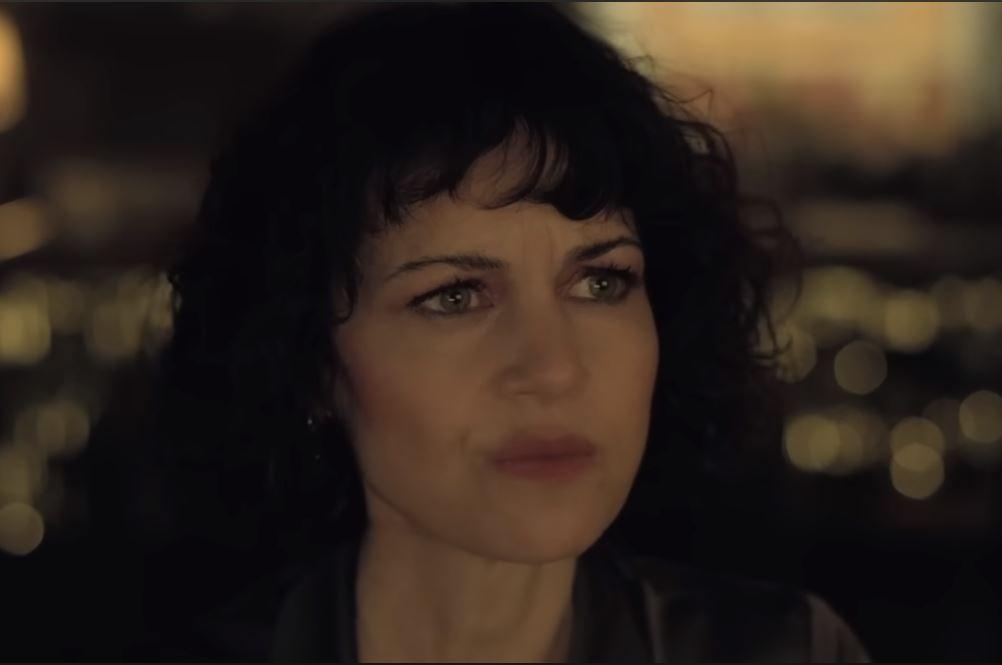“Verna – The Mysterious Enigma Behind The Fall of The House of Usher“. Edgar Allan Poe’s horror stories are adapted to a contemporary setting in “The Fall of the House of Usher” on Netflix, which tells the story of a wealthy and powerful Usher family facing a relentless succession of misfortunes. Verna, portrayed by the talented Carla Gugino, is the central figure who binds this story together. Verna is more than just a mysterious presence; she exemplifies “The Raven” from Edgar Allan Poe’s works, serving as a portent of doom for the Usher family. In this article, we’ll explore who Verna is, why she’s invested in the Ushers’ downfall and her character’s ambiguities.

The Mysterious Vera
Verna is introduced for the first time during a 1980 New Year’s Eve scenario, which is a pivotal night for the Usher family. While visiting a bar, Roderick and Madeline Usher encounter her, but their intentions are anything but casual. They intend to develop a solid alibi for themselves. While concealing their actual intentions, the conversation with Verna revolves around their New Year’s resolutions. But how can Verna be present in 2023 if in 1980 she was only a bartender?
The Supernatural Nature of Verna
Arthur Pym, Roderick’s attorney and right-hand man, uncovers the true nature of Verna as he investigates the enigmatic deaths plaguing the Usher family. Pym discovers a link between all of these deaths: Verna. Beginning in the early 20th century, he reveals Verna’s multiple identities and appearances through a series of photographs. The uncanny aspect is that Verna does not appear to be growing older or younger in any of these images.

Verna is revealed to be a preternatural being with the ability to create illusions and shapeshift; she is not a mere mortal. The series does not define her identity explicitly, leaving viewers to speculate whether she is a demon, the devil, or even a deity. Her character is inextricably linked to the raven, a reference to one of Edgar Allan Poe’s most renowned poems.
The Concession to the Devil
1980 marks the beginning of the enigmatic connection between Verna and the Usher family. After murdering their boss at Fortunato Pharmaceuticals, the Usher twins find themselves in a bar where they encounter Verna. She offers them an extraordinary deal in exchange for a life filled with renown, wealth, and power. Their obligation is to ensure that the Usher bloodline will terminate with them, with no children or grandchildren to carry on the family name.
In their pursuit of power and luxury, Roderick and Madeline acquiesce to Verna’s terms without much hesitation. They exit the bar to find a vacant structure marked with raven graffiti. Through the years, Verna and their pact dwindle into obscurity, until their children’s deaths bring the truth to light.

Verna’s Grim Objective
Verna’s role in the successive murders of the Usher family was not a pursuit of ghostly vengeance or karma, but rather the fulfillment of the agreement’s terms. Intriguingly, the brutality of the murders is contingent on the moral standing of the Usher children. Verna gives them options, such as telling Leo he can adopt another cat or giving Victorine the choice to tell her patient the truth. Verna inflicts the corresponding calamity on those who fail to choose a better path.
In contrast, the sweet granddaughter of Roderick, Lenore, an innocent character who caused no damage, dies peacefully and painlessly. In the end, Verna’s actions can be viewed as strictly business-related, in accordance with the agreement she made with the Usher twins.
In summary
Verna continues to be a mysterious and crucial character in “The Fall of the House of Usher.” Her supernatural nature, her connection to the literary world of Edgar Allan Poe, and the devilish bargain she made with the Usher twins all contribute to the intrigue of the series. As she leads the Usher family to their inevitable demise, she poses questions regarding morality, free will, and destiny. Verna is more than a mere character; she embodies the macabre themes that run throughout Poe’s works, making her a crucial and terrifying figure in the tragic story of the Usher family.




